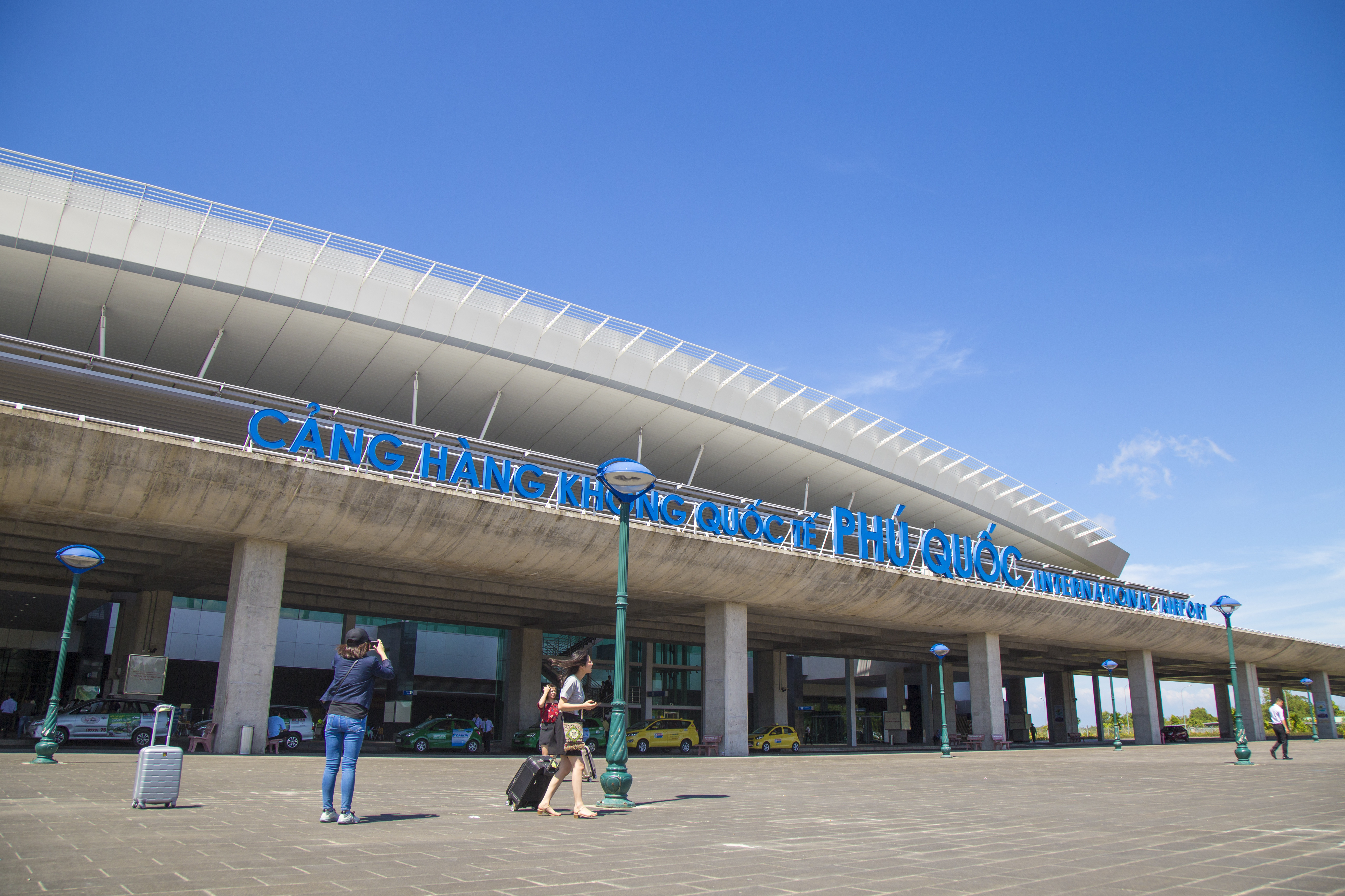When applying for a visa to Vietnam, there are two types of visa that you’ll come across – the e-visa and Visa on Arrival. To compare Vietnam e-visa vs visa on arrival, you need to figure out what their pros and cons are.

Traveling to Vietnam is fun if you have your kids in tow! Vietnam is a family-friendly country with plenty of activities for both adults and kids to enjoy. In Vietnam, you can take your kids to go swimming at the beach or hike the terraced mountains of Sapa. This is a great way to expose your kids to outdoor activities while making memories that they will surely cherish for a long time.
But before you fly to Vietnam with your little ones, it’s important to determine ahead if a visa will be required for your kids or not. If it is, then at least, you can apply for the visa ahead of your trip.
There are a few nationalities that can enter Vietnam visa-free. If you and your child is a citizen of countries that don’t require a visa to Vietnam, then there’s no longer a need for you to acquire a visa for you or your child (Please check Vietnam visa requirement to know if you need visa or not). However, if your child is a citizen of countries that require a visa to Vietnam, then you definitely should apply for a Vietnam visa for your child.
Thankfully, the process of applying for a Vietnam Visa is now so easy. You can apply for the e-Visa online or opt for the Visa on Arrival that you can apply from the airport.
Parents whose kids have their own passports should apply for a visa for their child separately. Furthermore, they must accompany their child on a trip to Vietnam. If the parents are not around, a guardian or an authorized adult who has the permission to bring the child to Vietnam should accompany the child when passing through airport immigration or passport control.
The child will be granted his or her own Vietnam visa and you need to bring this with you on your trip. If the child is below 14 years old and he or she shares a passport with the parent or guardian, then he or she will also share the Vietnam visa that was granted to the parent or guardian. It should be declared on the visa that the adult is sharing it with the child.
So if your child is less than 14 years old and he or she doesn’t have any passport yet, you must indicate on your visa application that you also need a visa for your child who will be with you on the trip.
Remember that any child who is not accompanied by a parent, guardian, or authorized adult, will not be allowed to enter the country. This is for the safety and security of the child.
When passing through the Immigration counter of Vietnam, simply present the visa that was granted for you and your child. Make sure you include your passport and the passport of your child as well. If you share the visa with your child, then present the visa together with both of your passports. After the immigration officer confirms the validity of your visas, you and your child will then be granted entry to the country.
The requirements for the Vietnam visa of your child will be the same with the requirements of your own visa too. If applying online, then you need to provide a scanned copy of the biographical page of your child’s passport. You also need to fill out the application form on your child’s behalf. Make sure that the information you provided on the form is accurate in order to avoid delays and issues. If possible, double-check the form before submitting and refer to the passport of your child to compare the details.
After you fill out the online application form, make a payment for the visa-processing fee. You can use your debit card or credit card for this. When your payment is confirmed, they will start processing the visa of your child.
Since the visa will be sent via email, make sure you provide a valid email address. This is where the visa will be sent. After about three business days, you will receive a copy of your child’s visa in a PDF format. Double-check the information to ensure that everything that’s listed there is correct. This is to avoid any issues when passing at airport immigration. If everything is fine, go ahead and print the visa of your child. Bring it along on your trip to Vietnam and present it at the immigration officials along with your child’s passport. If you are sharing the visa with your child, then present both your passports along with the visa.

When applying for a visa to Vietnam, there are two types of visa that you’ll come across – the e-visa and Visa on Arrival. To compare Vietnam e-visa vs visa on arrival, you need to figure out what their pros and cons are.

Vietnam is one of the most family-friendly destinations in Southeast Asia. The country has a lot to offer for travelers who are taking their kids with them.

Vietnam is a popular tourist spot that is frequented by families and solo travelers all through the year. The country is known for its flexible and user-friendly visa policies and regulations that have provisions for everyone.

Did you make plans to pay a visit to the beautiful south-east Asian country of Vietnam? If so, then you are have chosen the perfect nation to explore, discover and learn. The country is loved and respected for its unique culture, colorful heritage and the authentic yet delicious cuisine.

All visitors travel to Phu Quoc Island can stay in the island up to 30 days without a visa. Visitor who want to stay for 30 days visa-free in Phu Quoc island are required to stay within the island for maximum 30 days then exit to for home country or another countries.